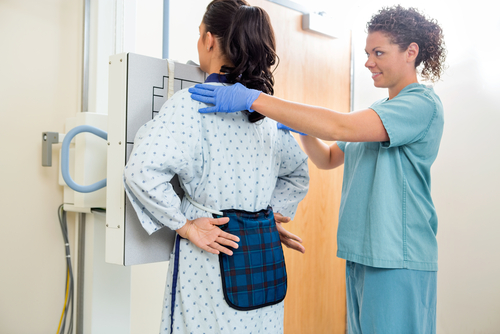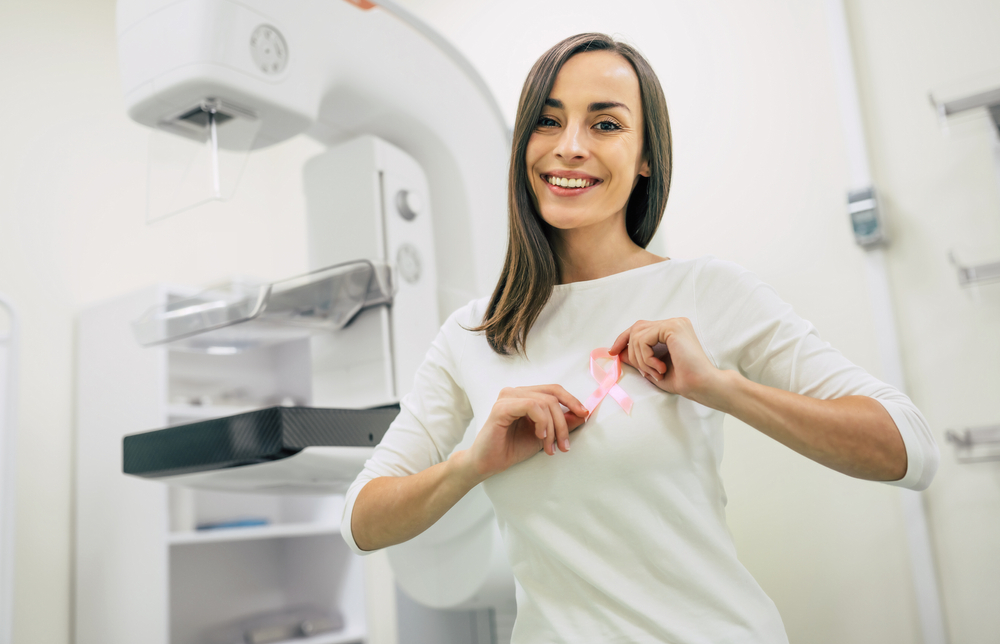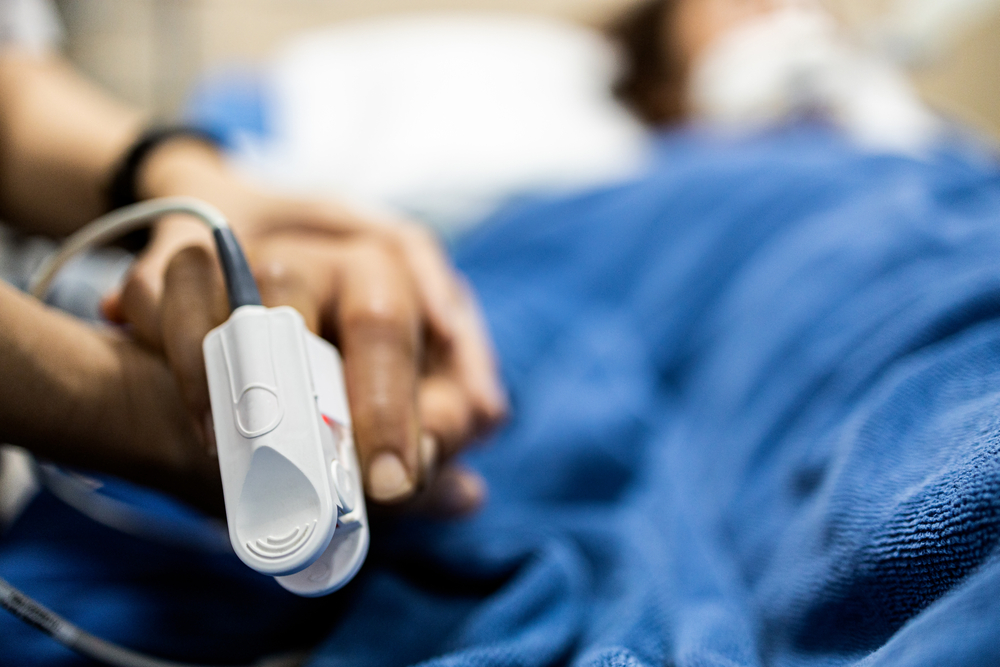General
ACS National Consortium Announces 9 Ways to Increase Cancer Screenings
The American Cancer Society’s National Consortium for Cancer Screening and Care (ACS National Consortium) announced on February 16, 2022, nine recommendations to increase cancer screening levels back to pre-pandemic levels. Evidence indicates that delayed and missed screenings result in more later-stage cancer diagnoses. Cancer screening rates are still below pre-pandemic levels, and the nation…
Read MoreLooking After Your Own Heart Health
By Lori Sedrak, D.O – Texas Radiology Associates February is Heart Awareness month. Let’s take a moment and have a serious talk. Let’s talk about Valentine’s Day and have a heart-to-heart talk about your heart health and how COVID-19 burnout impacts your health. Remember to love your heart before showering others with love on Valentine’s…
Read MoreWomen Benefit When They Schedule Their Mammogram around their COVID Vaccine or Booster
Recent research, published on November 17 in Academic Radiology, suggests that women will benefit by scheduling their mammogram around their COVID-19 vaccination or booster. Soon after COVID-19 vaccinations began in late 2020 and early 2021, radiologists noticed unilateral axillary adenopathy in women who had recently received their COVID-19 vaccine. In those cases, researchers recommended follow-up…
Read MorePET Scans Help Decisions In ER And Breast Cancer
A study has found 100% accuracy for subsequent outcomes with hormonal therapy A small prospective study showed that PET imaging of the progesterone receptor (PgR) response to an estradiol challenge the usual predicted breast cancer response to hormonal therapy. PET with a progestin-analog tracer showed increased PgR levels, indicative of functional estrogen receptors (ERs), in…
Read MoreTelemedicine In ICU Saves Lives— Tele-Intensivist Care Linked To 18% Lower Mortality Over A Decade
A study recently found that in facilities where 24/7 intensivist care was not available, outcomes for patients were better when care was delivered by “tele-intensivists” compared to traditional care models. Within the Cleveland Clinic Health System, patients treated by ICU telemedicine at one of their hospitals were found 18% less likely to die and were…
Read More



